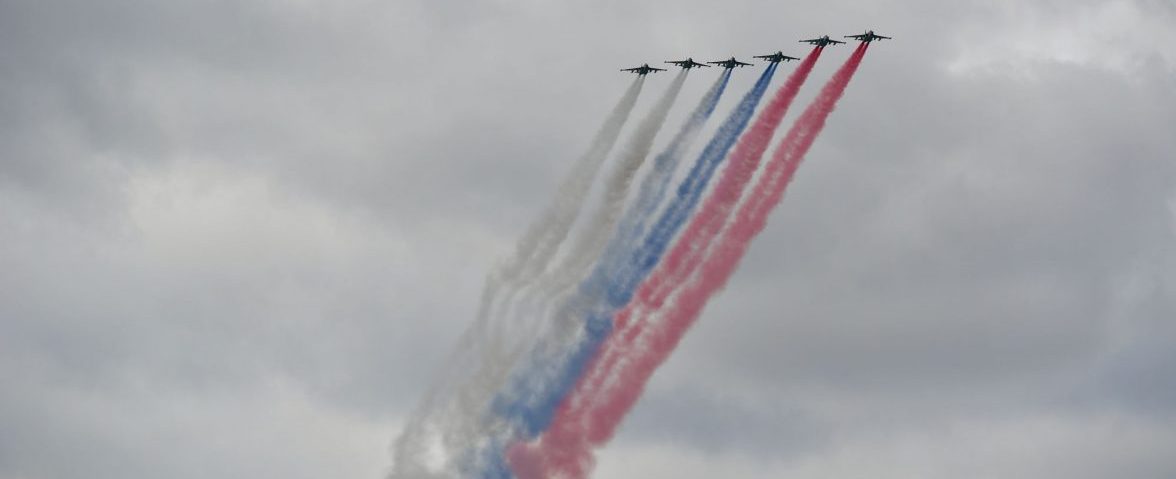There is widespread opinion in Russia that the Western countries have a common and effective strategy aimed at deterring and destroying this country. However, there is increasing evidence that the collective West finds it difficult to maintain unity. Discussions between leading politicians and intellectuals in the NATO countries show that the West is beset with strategic discord and confusion.
The events of the past few years show that security is becoming increasingly important in international relations. This leads to a new regionalization of markets and exacerbates competition for control over them in the West. For example, the United States is trying hard to keep China at bay, but this objective is not shared by its European allies who want to cooperate with Beijing on technological progress. The objections of those who see an economic opportunity in China’s rise prevail over the few appeals to see China’s threat as common to all Western countries.
Many analysts believe that US President Donald Trump’s extravagant behavior is the main reason behind strategic discord in the West. Many of them wonder whether trust in America as the absolute Western leader can be restored after Trump’s departure and answer this question in the negative. Even assuming Trump’s political instincts are right, the consequences of his moves are dealing a crushing blow to Western solidarity. The United States walked out of the Trans-Pacific Partnership during Trump’s presidency even though it could have been an effective economic tool for containing China in Asia. Trump should have been trying to break up the political link between Russia and China but his administration puts them on the same level in terms of key threats to the United States.
Further, it has been during Trump’s time in office that an avalanche of new sanctions fell on Russia. Sanctions continue to be imposed on Russia up to this day. Although the US president did not initiate them, he may have caused them indirectly. The United States itself is plunged in a deep political crisis that has sharply shifted its national priorities from foreign policy to issues of domestic stability. Public support for increased military spending and military interventions abroad has nosedived. Analysts note that newly developed hypersonic weapons can make the US Navy useless or highly vulnerable.
Although the shale gas revolution in the United States has enabled it to gain a decisive advantage in the energy market, its energy self-sufficiency has made it much more absorbed in its own problems since US security no longer depends on developments in the Middle East. Now that the United States has become a leading oil exporter and a major gas producer the world has barely noticed the sharp decline in oil supplies from Iran and Venezuela and the temporary lulls in supplies from Saudi Arabia after the attack on its oil facilities.
The West’s strategic confusion is increasingly resuscitating the ideas that seemed impossible only a decade ago. In a recent series of statements, the French President urged a revision of containment priorities vis-à-vis Russia and suggested starting a dialogue with it. Statements like this are based on the premise that the West needs Russia to maintain its world leadership. However, this strategic priority, even if formulated as a strategic goal in the doctrines of the leading NATO countries, is clouded by a wave of contradictory statements by these countries, and most importantly, by attempts to interfere in Russia’s internal affairs.
The line between the systematic sanctions regime and preparing for a color revolution is thin. There is no guarantee that sanctions will become a thing of the past as a tool of Western policies on Russia in the foreseeable future. Indicative in this respect is the experience of 2012, when the Obama administration persuaded Congress to make the simultaneous decision of cancelling the Jackson-Vanik amendment and voting on the same day for the adoption of the Magnitsky Act that imposed sanctions on a number of Russian senior executives. Russian analysts believe that anti-Russia sanctions will be extended in the future on the same pattern, even if some form of settlement on Ukraine is reached. US behavior on Iran’s nuclear deal does nothing to persuade Russian leaders that the West is a reliable partner. Washington first wanted this deal, then later walked away from it and even threatened to impose secondary sanctions on any country that holds to it.
The idea of whether the West needs Russia begs the question: How long will the West need Russia? Isn’t Russia a tool for the West in its confrontation with China? If the answer is “yes,” this strategy has no future. A key test of its viability would be that if a crisis develops in Russia for domestic political reasons, would the leading Western countries resist the temptation to use the conflict, to support social protest and eventually push it into a color revolution like in Ukraine? Judging by recent history, the answer would be “no.”
Until the Western countries realize that interference in domestic affairs is unacceptable in any form, there are no grounds to expect progress in Russia-West relations. Symptomatically, non-interference is one of the main foundations of Russia-China relations, which have risen to a strategic partnership level. It is unlikely that this level can be reached in Russia-West relations.
Original publication valdaiclub.com












